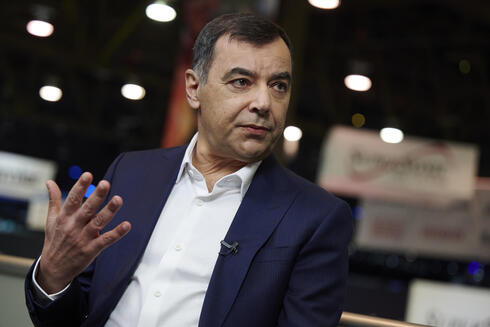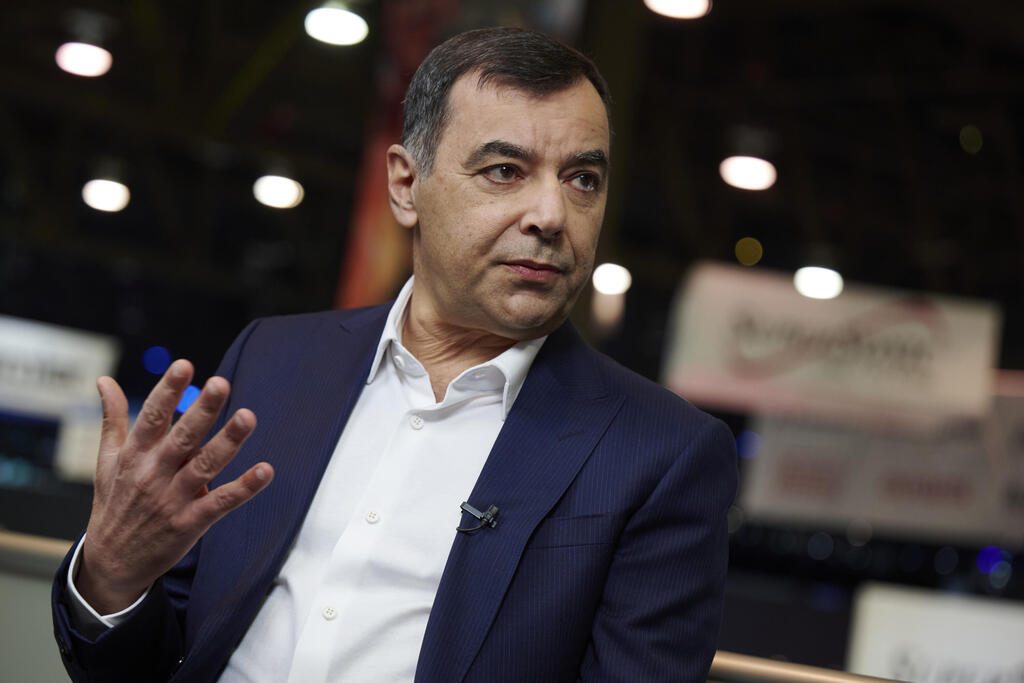
Amnon Shashua's new AI venture aims to push the limits of machine learning
Founded by Shashua and several other leading minds in the field, new startup AAI believes its Artificial Expert Intelligence (AEI) can deliver more effective solutions than current AI platforms.
Amnon Shashua, the serial entrepreneur renowned for founding several high-profile companies, including Mobileye, OrCam, AI21 Labs, and One Zero Bank, is back with a new and ambitious AI venture. A year ago, he co-founded AAI, a stealth-mode startup that is aiming to challenge the very foundations of artificial intelligence. With a deep focus on creating systems that could perform at the level of great scientists or mathematicians, AAI is proposing a new approach to AI that goes beyond the current limitations of narrow AI and even Artificial General Intelligence (AGI).
Shashua is joined by several other leading minds in the field, including Yoav Levine, Or Sharir, Noam Wies, and Gal Biniamini. The team’s ambition? To answer fundamental questions that could unlock a new era in AI development.
Shashua's focus with AAI is rooted in the limitations of current AI systems, which, despite their prowess, lack the reasoning abilities that human experts use to tackle complex problems. According to Shashua, AGI, while a fascinating concept, may not be the key to solving humanity’s most pressing challenges. Instead, a new kind of AI, which Shashua and his team have coined Artificial Expert Intelligence (AEI), promises to deliver more effective solutions.
The new framework moves away from the notion that intelligence must be “general” to be useful. Instead, AEI embraces the power of deep expertise within highly focused domains. In a recent blog post, Shashua explained how AEI aims to replicate human cognitive abilities that allow for nuanced and dynamic problem-solving—something that current AI models often fail to do.
At the core of AEI is what the team refers to as PAC Reasoning (Probably Approximately Correct Reasoning). PAC reasoning is a new formal model inspired by the scientific method, enabling AI systems to continually refine their reasoning processes. By ensuring that errors are controlled at every step, AEI promises to deliver adaptable, reliable intelligence that can tackle both engineering challenges and complex scientific questions.
The vision behind AAI is to allow AI systems to combine both bottom-up and top-down reasoning, making them far more adaptable and precise in real-time problem-solving. By breaking complex problems into smaller, manageable subproblems, AEI systems can maintain accuracy even during extensive reasoning chains. This approach, Shashua argues, could dramatically improve AI’s ability to handle abstract and complex scientific challenges.














